In a story from the folklore of the Sorko people who lived along the Niger river in West Africa, a hippo is causing all sorts of trouble. I mean, hippos are dangerous, but ones that can sprout ovens on their back and shoot fire streams like some kind of final-evolution Pokemon mean this village needs a hero.
The creature is Babamik! She's a deranged murderer who had it all...until her daughter started dating.
Links:
Hobbit feet: https://myths.link/feet
Store: https://myths.link/store
Membership: https://www.mythpodcast.com/membership
Source: https://myths.link/miriam
Music:
Music by Podington Bear and Blue Dot Sessions
Sponsors
Indeed! Get started right now with a $75 sponsored job credit to upgrade your job post at http://indeed.com/legends
Grove! Get awesome stuff delivered to your door. Go to http://grove.com/legends for a free starter pack!
Grubhub! Check it out! Order through the Grubhub app or online at http://grubhub.com
MeUndies! Get 15% off your first order, free shipping AND a 100% satisfaction guarantee at http://meundies.com/myths

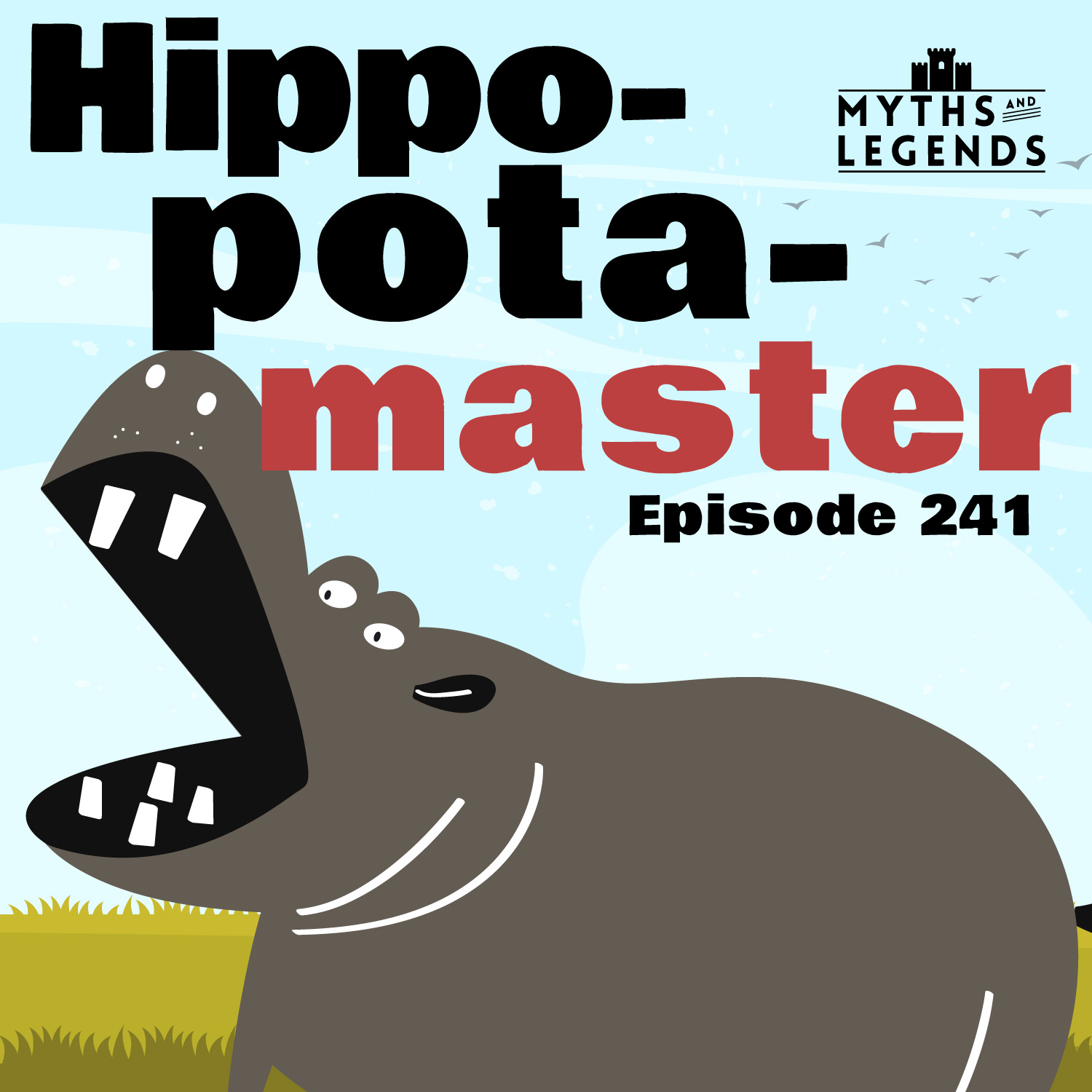
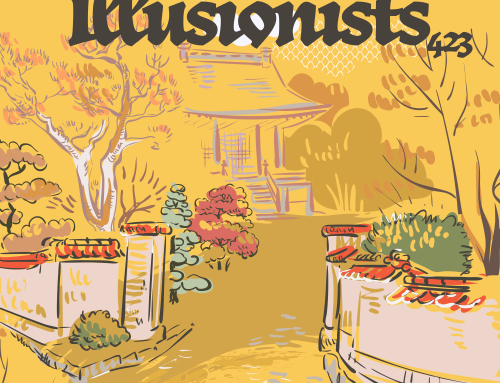
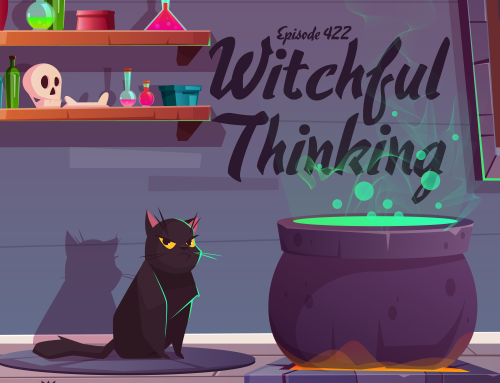
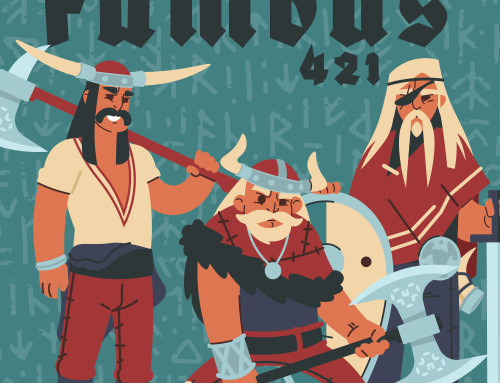
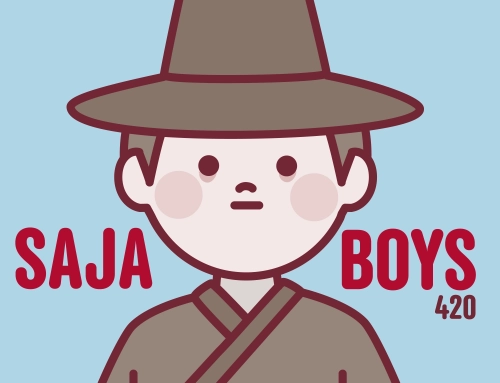
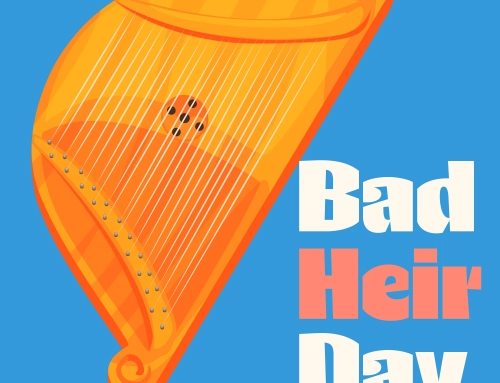
Dear Jason,
I have listened to all your episodes so far. Please tell your advertisers that I buy all their stuff that you promote.
OK, now onto the serious stuff. I do love you show and find your take on many of the myths that I know fun and interesting. I also like nearing all the ones I’m not familiar with.
Listening to your last episode from African folklore on the hippopotamus, I have to comment that I think you missed a crucial perspective. This story is clearly an allegory for colonialism, or at the least has been clearly influenced by the legacy of colonialism.
Think about it, a huge hippo with fiery ovens on its back is a perfect image for the destructive horror of machinery and factories and the insatiable hunger of imperial industrialism to consume all the resources of even the most remote African villages. This demonic eater of the village food sources cannot be stopped by the usual heroes. Local heroes work individuals. The traditional tribes in Africa did not coordinate their response to colonialism and therefore could be picked off one by one, just like the team of dogs.
To the rescue comes a female response to the attack. She uses traditional knowledge in new ways, ways that she wasn’t fully aware of, to beat back the attack. However, tradition is not wholly a hero, for it includes the patriarchy and that will reassert its power over women even when that is not to individuals’ or the groups’ benefit. The code on this story seems like a nod to the postcolonial moment that often has been just as bad, or even worse, than the experience of colonialism for ordinary Africans.
This has been well documented in many parts of the world. Although I don’t know of relevant work in this part of Africa, the books below document this kind of syncretic response to colonialism.
Body of Power, Spirit of Resistance: The Culture and History of a South African People by Jean Comaroff
We Eat the Mines and the Mines Eat Us: Dependency and Exploitation in Bolivian Tin Mines by June Nash
Spirits of Resistance and Capitalist Discipline, Second Edition: Factory Women in Malaysia by Aihwa One.
They are kind of dumb for not sending all the dogs at once